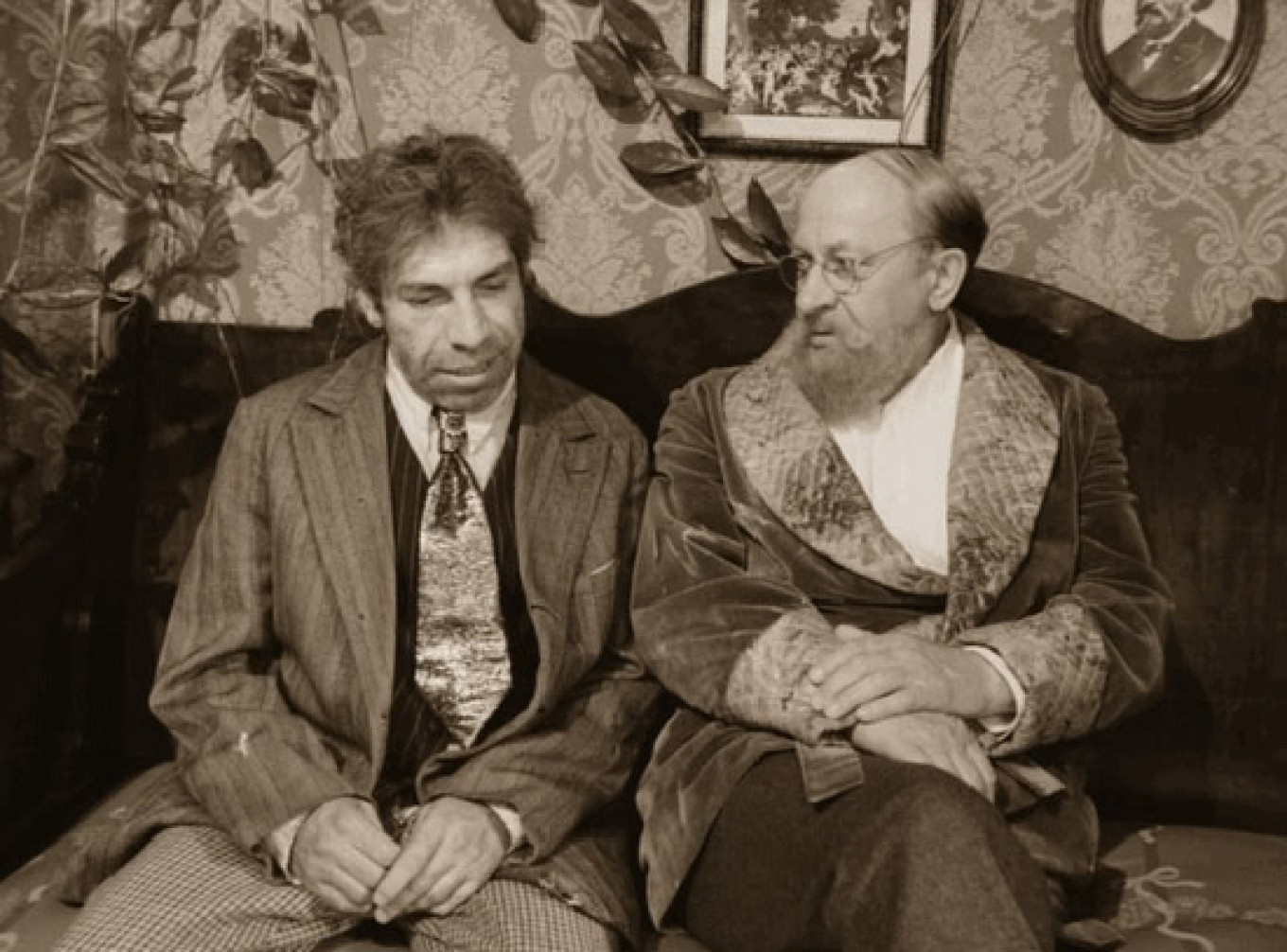

If that be the case, then perhaps the Bourgeoisie are all cats. "They're dogs, anyway," the book seems to cry. All of this provides fuel for interpretations of this work as a satire of Bolshevism, set against the old-world order and affectations of the Bourgeoisie. But a question asked here (and there are many interpretations of this work) is: would the dog have been different if the glands had been taken from a 'Spinoza' level human being?ĭespite the professor’s best efforts to cultivate him into a decent Bourgoise citizen, the former dog takes on the ethics of a working class Proletarian, fueled by Bolshevik ideals, seemingly bound by no aesthetic, and basically intent on survival in a bureaucracy-driven world. This, we are led to believe, is the result of the human glands that were sewn into him having, which were taken from a drunkard. Unruly to begin with, the dog soon develops into a creature displaying an amplified capacity for uncouth and selfish behaviors.

In other words, he sees the communist emphasis on equality and redistribution as an affront to individuality, which requires being able to favor some people over others.A strange tale about a starving Moscow street dog metamorphized into something resembling a human, at least in the essential respects of human biology. When he refuses, he’s not just greedily hoarding money and property-he’s also defending the right to choose his own values, commitments, and loyalties, instead of being forced to have the same ones as everyone else. Vyazemskaya’s magazines for German children reflect what Bulgakov sees as the distorted Soviet attitude towards others: Vyazemskaya wants Philip to give because of social pressure to help others and an abstract commitment to equality, not because he actually cares about the German children.

Despite the government’s professed belief in equality, it doesn’t make society much more equal-it just replaces an educated, civilized aristocracy with a cynical, manipulative communist elite. Aristocracy used to protect Philip’s privilege, but now, nepotism does. Philip’s phone call settles the conflict with the house committee, but it also shows the Soviet government’s absurd, dysfunctional corruption.


 0 kommentar(er)
0 kommentar(er)
